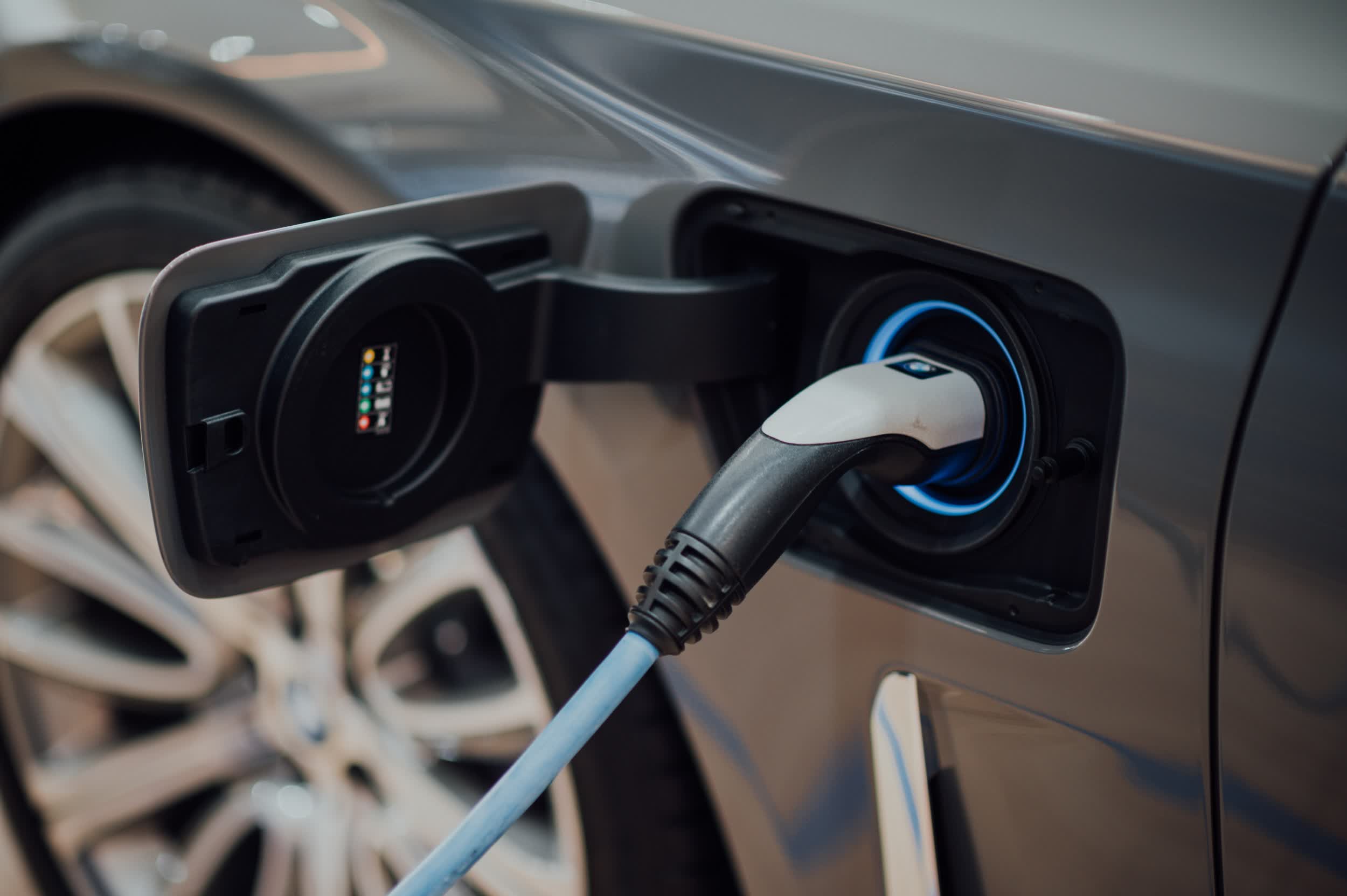What just happened? Researchers from the University of New South Wales in Australia and Yokohama National University in Japan have identified a new type of positive electrode material that could lead to incredibly durable solid-state batteries.

Solid-state batteries afford a number of benefits over traditional lithium-ion packs, and use both solid electrodes and solid electrolytes instead of the liquid or gel-like electrolyte found in lithium-ions. Durability has been a sticking point, however, as repeated charging can cause irreversible damage that makes them unfit for commercial use.
In lab testing, a 300mAh battery outfitted with the new positive electrode material experienced zero degradation over hundreds of recharge cycles.
Neeraj Sharma, an associate professor from UNSW, said the absence of capacity fading over 400 cycles clearly indicated superior performance of the material compared to those used in conventional all-solid-state cells with layered materials.

The finding also has the potential to drastically reduce the overall cost of batteries, Sharma added, which could be a key cog in the development of advanced electric vehicles.
Many, including BMW engineer Simon Erhard, believe lithium-ion batteries have reached their maximum potential and that solid-state batteries will eventually take over as the industry standard. And it's not just EVs that could benefit from the absence of capacity fade.
Smartphone batteries also wear down over time with use and can eventually impact overall performance if not addressed. The battery in my six-year-old phone can now only reach 77 percent of its capacity relative to when it was new. Would a solid-state battery have held up better over time?
The team's paper on the subject, titled "A near dimensionally invariable high-capacity positive electrode material," has been published in the scientific journal Nature Materials.
The researchers hope that further refining the electrode material will lead to a commercial product that can best current tech in several other categories as well. With any luck, we'll eventually see the tech make it out of the lab and into the real world. Far too often, battery breakthroughs fail to make it to the finish line.
Image credit: Chuttersnap, Kumpan Electric

